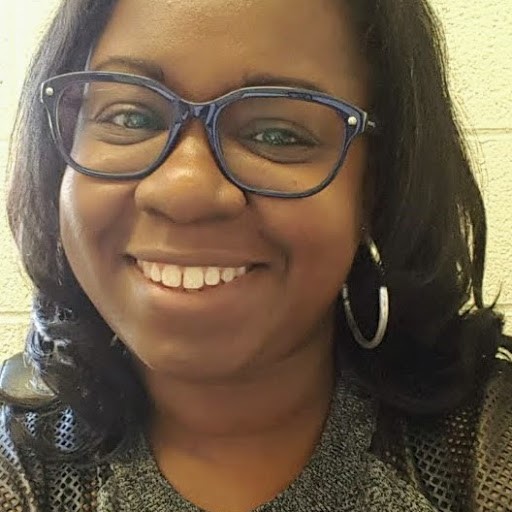This Insights article was contributed by Leah HIll, Vice President of the Staff Council at North Carolina Wesleyan College.
It’s a new season, and with each season comes preparations. At the beginning of winter, we pack up our summer clothes and start pulling out heavier coats, boots, and thicker clothing. At the beginning of spring, some people “spring clean” by purging their closets and rid excess clothing. Preparation braces us for planned and unplanned events.
Preparing to finance school should be a top priority for students and families. The main question that students ask is “how do I pay for school, and live comfortably?” Here are suggestions for maximizing your opportunity to attend an institution of higher learning, being persistent, and graduating with little to no debt.
 Leah was born and reared in Philadelphia, PA before making her way south to North Carolina. She graduated from North Carolina Wesleyan College in May, 2002, with a Bachelor of Arts in Sociology and received a Master’s of Science in Education - Leadership for Higher Education from Capella University in June, 2014. From the start of her career, Leah has always had a passion to serve students at institutions of higher learning. She began her career in higher education at Louisburg College in the Admissions Department and eventually developed a love for federal and state rules and regulations, prompting a transition to the Office of Financial Aid. Leah has been at North Carolina Wesleyan College for nine years. As with many small colleges, staff tend to “wear many hats.” Her duties and responsibilities extend beyond the financial aid department.
Leah was born and reared in Philadelphia, PA before making her way south to North Carolina. She graduated from North Carolina Wesleyan College in May, 2002, with a Bachelor of Arts in Sociology and received a Master’s of Science in Education - Leadership for Higher Education from Capella University in June, 2014. From the start of her career, Leah has always had a passion to serve students at institutions of higher learning. She began her career in higher education at Louisburg College in the Admissions Department and eventually developed a love for federal and state rules and regulations, prompting a transition to the Office of Financial Aid. Leah has been at North Carolina Wesleyan College for nine years. As with many small colleges, staff tend to “wear many hats.” Her duties and responsibilities extend beyond the financial aid department.
Passenger Rail Study Offers New Details About Proposed Wilmington To Raleigh Route
Emma Dill
-
Apr 22, 2024
|
|
Severe Weather Postpones Trump Rally In Wilmington
Emma Dill
-
Apr 20, 2024
|
|
Will NC Be CNBC's Three-time Top State For Business?
Audrey Elsberry
-
Apr 22, 2024
|

Lydia Thomas, program manager for the Center for Innovation and Entrepreneurship at UNCW, shares her top info and tech picks....

Baristas are incorporating craft cocktail techniques into show-stopping coffee drinks, and bartenders are mixing espresso and coffee liqueur...

“My mission and my goal is to take my love of marine science, marine ecosystem and coastal ecosystems and bring that to students and teacher...
The 2024 WilmingtonBiz: Book on Business is an annual publication showcasing the Wilmington region as a center of business.
